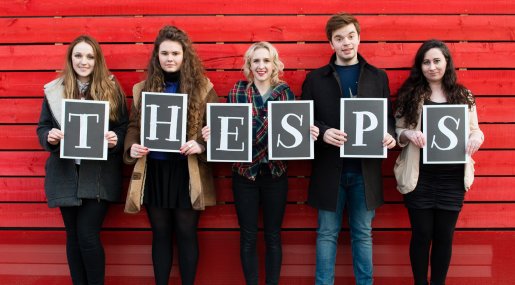Long gone are the golden days when companies would hover around universities recruiting fresh-faced graduates for high-paying schemes. Now most of us have to look pretty far afield to get a decent starting salary, or indeed any salary at all.
And being forced to travel just to get a 15-minute meeting with a potential employer makes the whole interview process 100 times more stressful than it normally is.
You're not just trying to prepare some answers and get your CV in tip-top shape, you're also dealing with crashing on a friend's sofa or surviving a cheap hotel room in a strange city you're completely lost in.
So that you can concentrate on that all-important prep work, we're sharing a few top tips that'll help make your next out-of-town interview go much smoother. Take a look.
#1: calculate travel expenses before you go
Before you agree to an interview, calculate travel expenses so that you can determine whether or not it's worth it. It might seem awkward, but ask if they offer compensation for travel costs. Lots of bigger companies will, although they may not always advertise it.
If they don't provide financial help, then check Skyscanner for deals on any flights you need and Airbnb for cheaper accommodation, to save as much money as possible.
#2: don't cut it too fine












